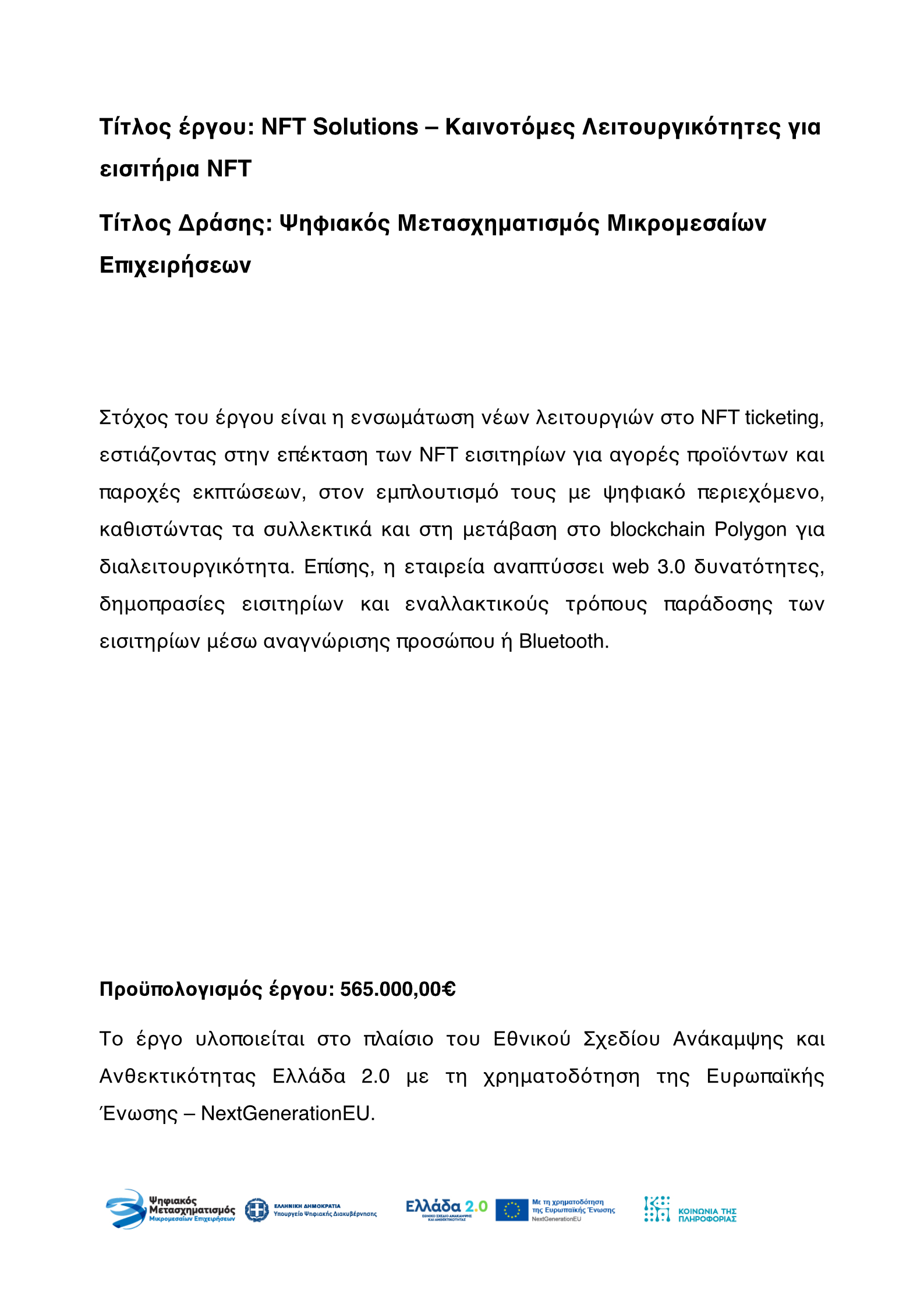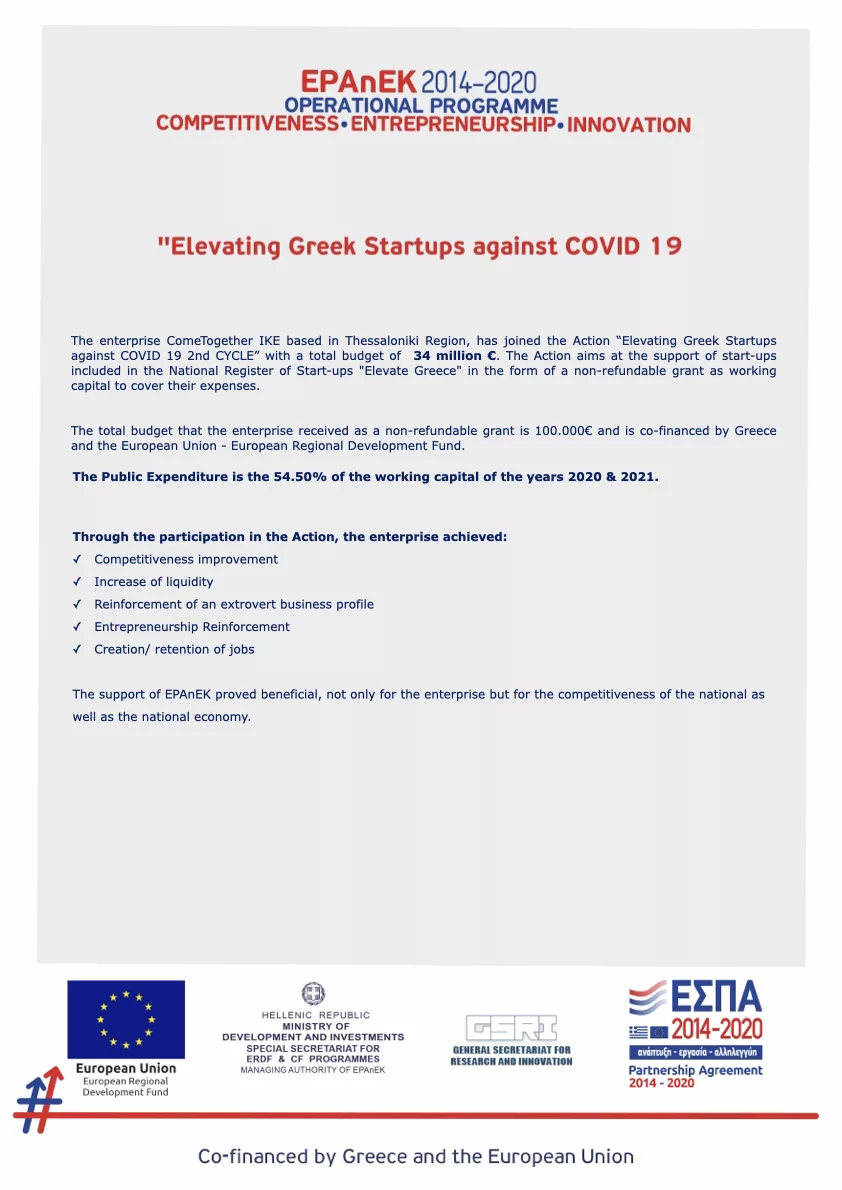The modern world is going digital at an unprecedented pace, and no industry remains untouched by the tidal wave of technological advancements. Among these, the ticketing sector for live events is undergoing a particularly interesting transformation, largely due to the emergence of NFTs (Non-Fungible Tokens). But how does this blockchain-based technology affect fans, event organizers, and the broader ecosystem? The answer lies in the unique attributes that make NFTs revolutionary, particularly when it comes to providing transparency, security, and fighting against ticket scalping.
The Rise of NFT Ticketing: Revolutionizing the Event Industry
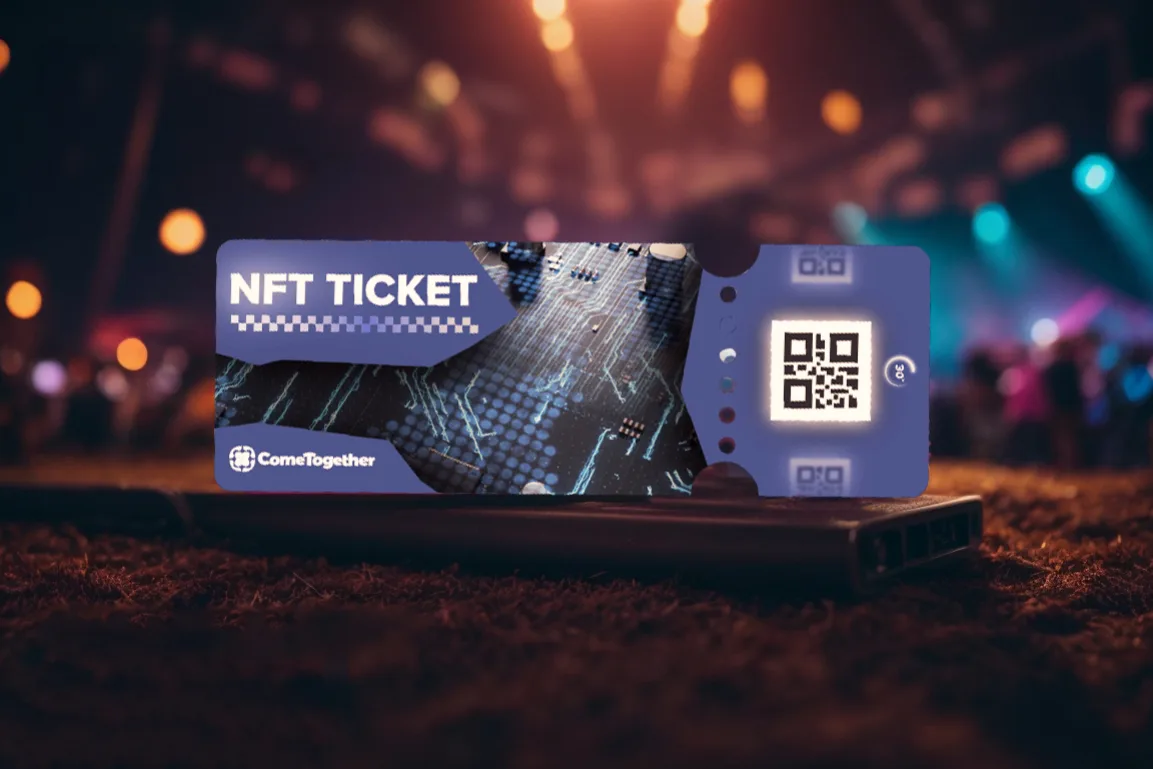
Table of contents:
- Introduction
- Digital Transformation in Industries
- Focus on Ticketing
- Understanding NFTs
- What Are NFTs?
- Blockchain and Digital Scarcity
- The Impact of NFTs on Ticketing
- Fighting Duplication and Fraud
- Transaction Traceability
- NFT Ticketing Platforms
- Innovative Companies
- Security Features
- Fighting Ticket Scalping with NFTs
- The Problem of Scalping
- Smart Contracts and Fair Pricing
- Conclusion
- A Paradigm Shift
- The Future of Ticketing
- FAQs
Understanding NFTs
NFTs, or Non-Fungible Tokens, are unique digital assets stored on a blockchain, which is a decentralized digital ledger. Unlike cryptocurrencies like Bitcoin or Ethereum, which are interchangeable and fungible, NFTs are distinct, offering digital scarcity and ownership. They are analogous to collectible items like football trading cards; the ownership of the card is not physical but represented by a unique digital token on the blockchain.
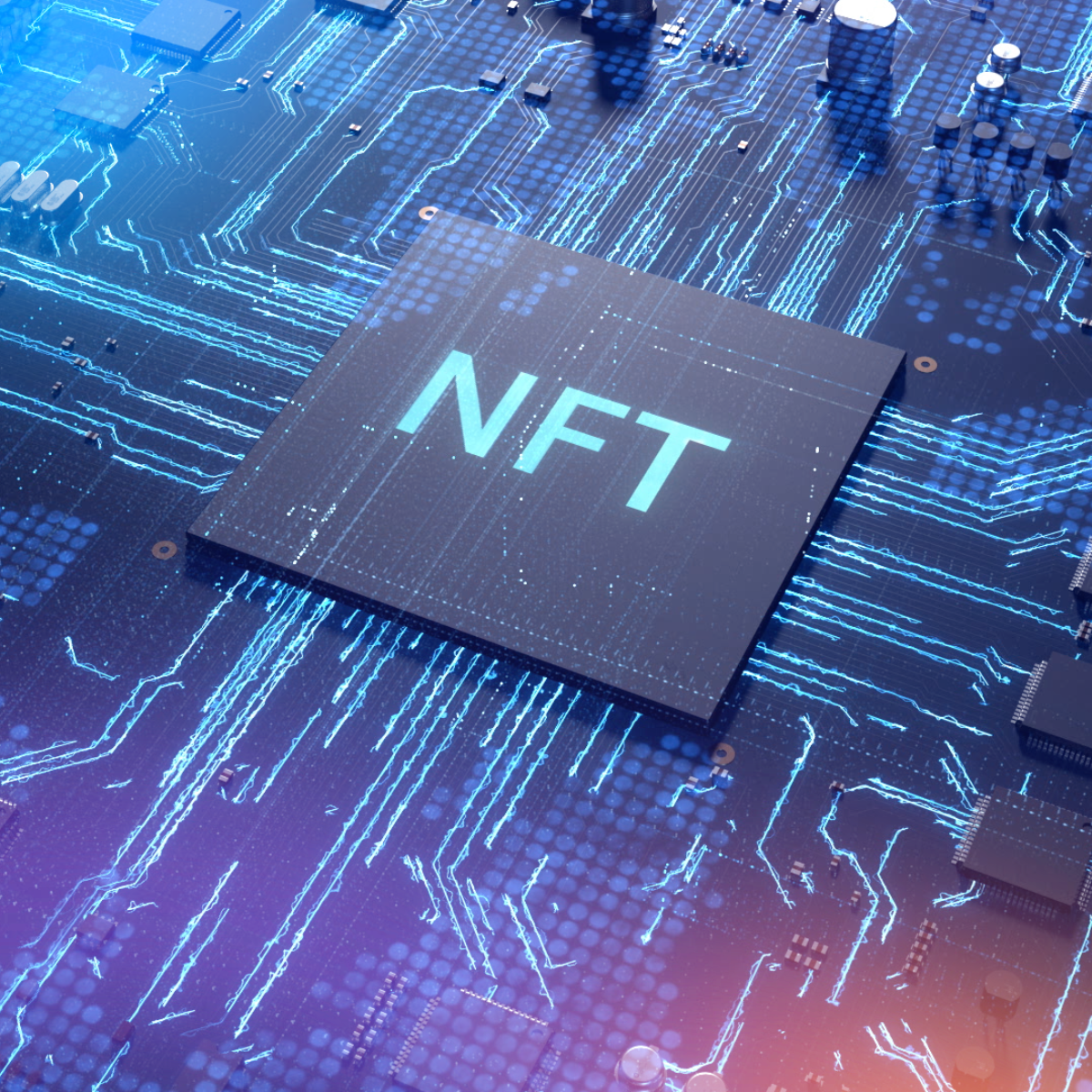
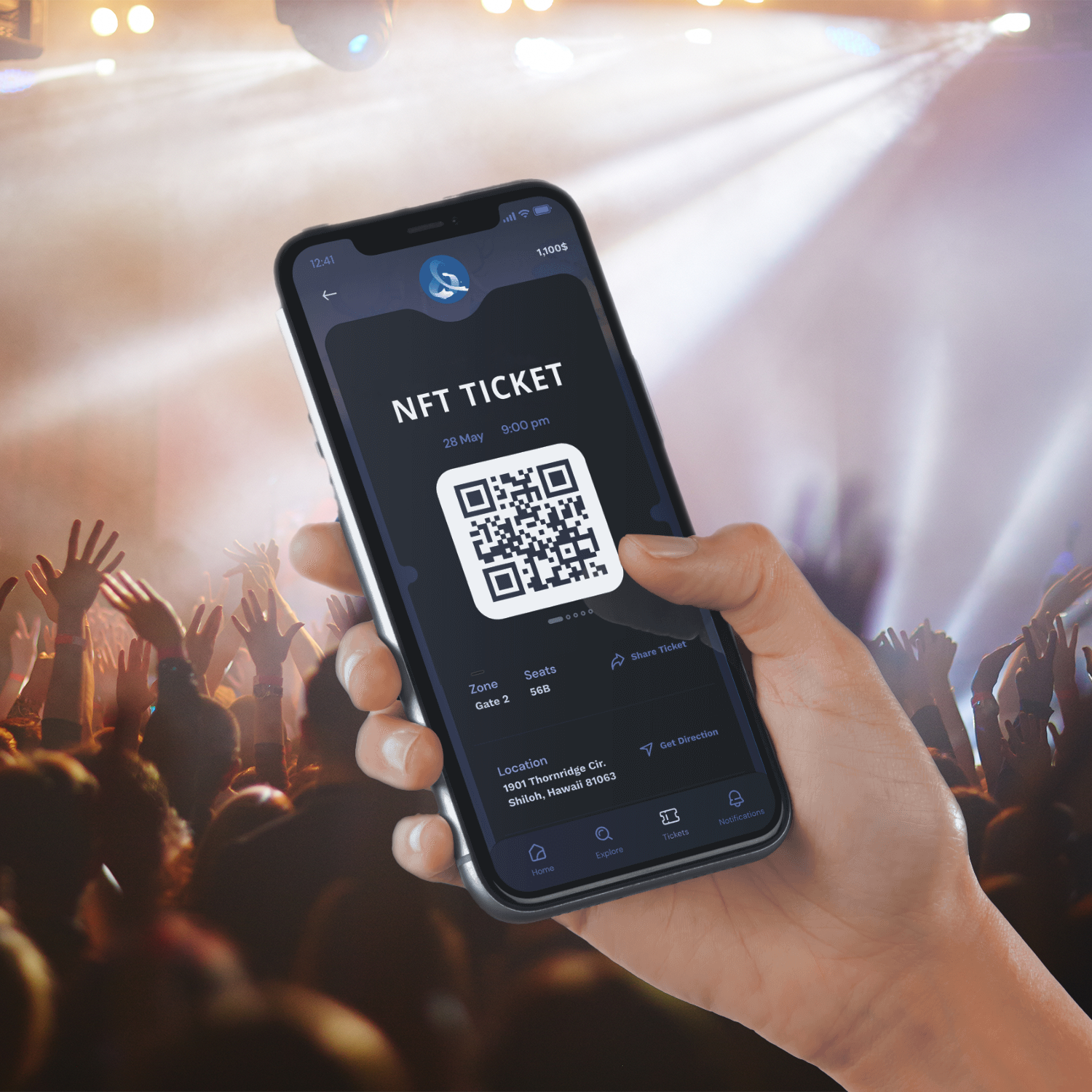
The Impact of NFTs on Ticketing
Why should the ticketing industry care about NFTs? Firstly, the unique, non-interchangeable nature of each NFT provides a robust shield against duplication and fraud. Each NFT-based ticket comes with a distinct identifier that authenticates its legitimacy, ensuring that the holder of this token is the genuine ticket owner.
Secondly, blockchain technology allows full traceability of each ticket’s lifecycle. Each transaction, from the initial issuance to any subsequent transfers, is permanently recorded. This eliminates double spending and counterfeiting, issues that have long undermined the trustworthiness and efficiency of traditional ticketing systems.
NFT Ticketing Platforms
Companies like ComeTogether are pioneering this space, offering platforms that use NFTs to issue and track event tickets. Not only does this safeguard the ticket’s authenticity, but it also offers protections against fraudulent activities like ticket scalping.
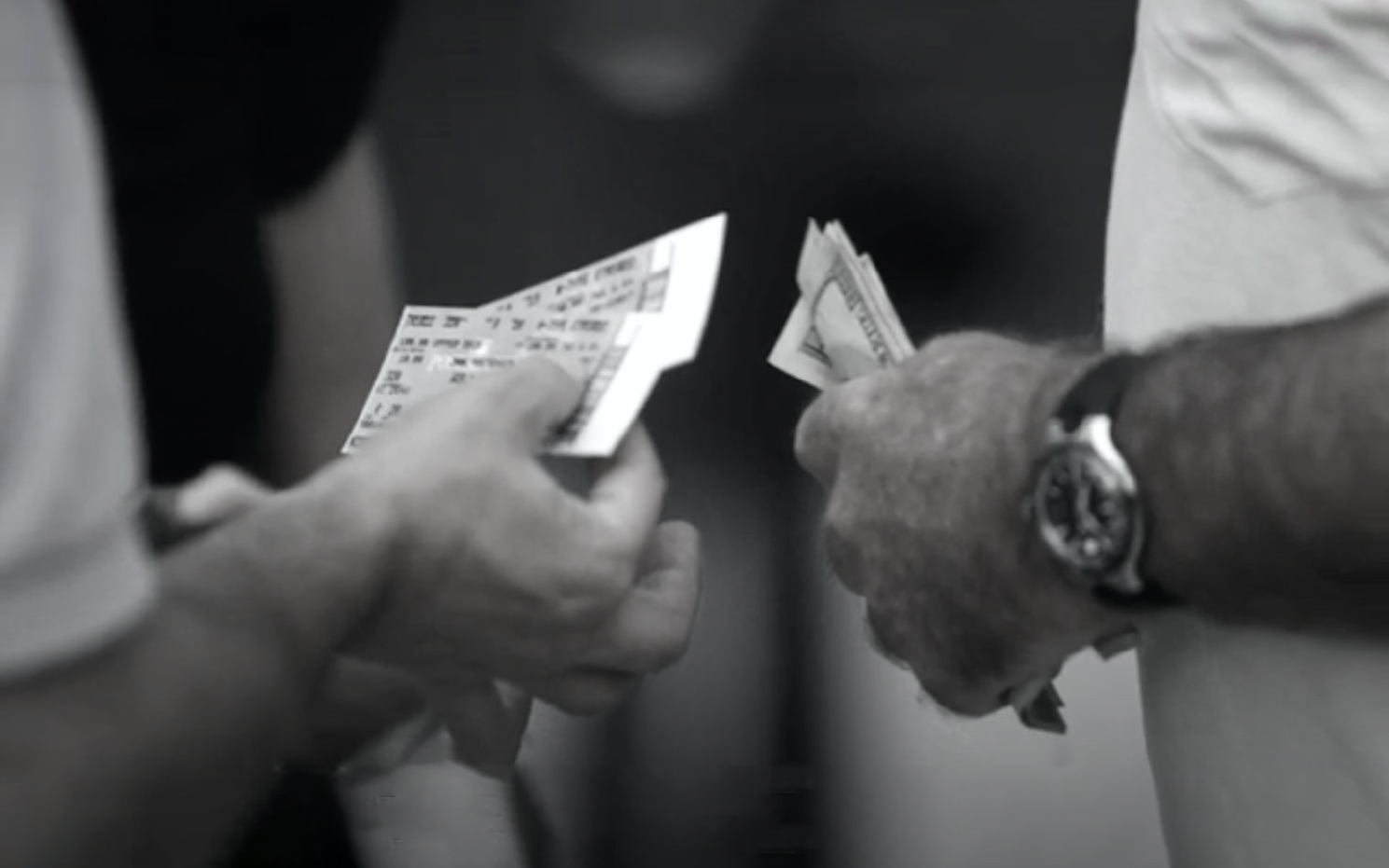
Fighting Ticket Scalping with NFTs
Ticket scalping has been a longstanding issue in the ticketing industry, often depriving genuine fans of the chance to see their favorite acts while enabling scalpers to profit significantly from inflated prices. The adoption of NFTs provides an innovative solution to this problem through the use of smart contracts.
NFT tickets utilize QR codes which are constantly updated to ensure that tickets are valid. Additionally, ComeTogether’s organizer dashboard allows event organizers to determine if resale is allowed for their tickets and if so, what is the maximum price that can be offered.
Conclusion
The arrival of NFTs in the ticketing sector signifies more than just a technological upgrade; it represents a paradigm shift that tackles multiple challenges at once. With enhanced security features, the promise of traceability, and a solid strategy to counteract ticket scalping, NFT ticketing platforms are poised to redefine the way we think about attending live events.
While the technology is still relatively new and subject to ongoing development, it holds immense potential to bring about transparency, security, and fairness to an industry in desperate need of innovation. As NFT ticketing continues to gain traction, it’s becoming increasingly clear that this is not just a passing trend but a groundbreaking change that promises to shape the future of event ticketing.
FAQs
What is a Non-Fungible Token (NFT)?
NFT stands for Non-Fungible Token, a unique digital asset stored on a decentralized digital ledger, known as a blockchain. Unlike cryptocurrencies, NFTs are unique and non-interchangeable, offering a form of digital scarcity and ownership.
How do NFTs impact the ticketing industry?
NFTs offer several advantages to the ticketing industry, such as:
– Preventing duplication and fraud by issuing each ticket as a unique, non-interchangeable token.
– Enabling full traceability of each ticket’s lifecycle, from issuance to any subsequent transfers.
What companies are pioneering NFT ticketing?
Companies like ComeTogether are at the forefront of utilizing NFTs to issue and track event tickets, thereby ensuring their authenticity and offering protections against fraudulent activities.
How do NFTs fight ticket scalping?
NFTs can be programmed with smart contracts that enable a share of any secondary ticket sales to go back to the event organizers or artists. This dissuades scalpers from inflating ticket prices and makes the ticketing process more equitable for genuine fans.
What is a smart contract?
A smart contract is a programmable contract stored on a blockchain. In the context of NFT ticketing, these contracts can be coded to regulate secondary ticket sales and ensure that a portion of the sales returns to the original event organizers or artists.
Is NFT ticketing just a passing trend?
The article argues that NFT ticketing represents a paradigm shift, not just a technological upgrade. With its multi-faceted advantages, it is poised to bring long-lasting changes to the ticketing industry.
What are the security features of NFT ticketing?
NFT ticketing platforms use blockchain technology to ensure that each ticket is authentic, traceable, and protected against duplication and fraud.
What does "transaction traceability" mean?
Transaction traceability means that every transaction involving the ticket, from its initial issuance to any resale, is permanently recorded on the blockchain. This eliminates issues like double spending and counterfeiting.
Why is NFT ticketing considered a paradigm shift?
NFT ticketing not only improves security and traceability but also provides an effective strategy against ticket scalping. This multi-pronged approach signifies a fundamental change in how the ticketing industry operates.
NFTs with utilities: ticketing, music, collectibles, memberships

